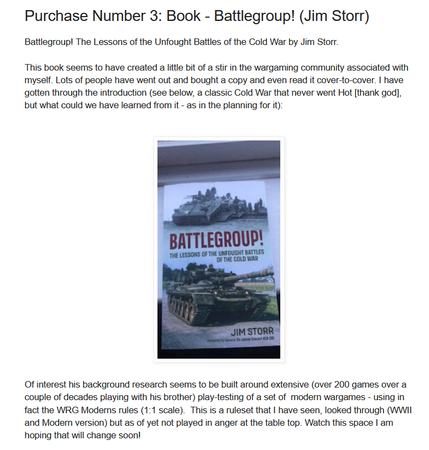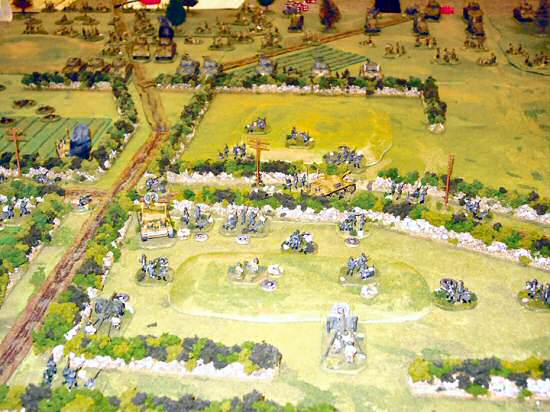
A Memoir of Korea
292 pages. Eight pages of black-and-white photos. Index.
As a college student, James Brady thought joining the Marine Corps Reserve was a clever way of avoiding the draft. Two weeks after he was commissioned as a 2nd lieutenant, the Korean War began.
It was the second year of the war, when it had stagnated into trench-lines and negotiations, when Brady arrived as a replacement officer, Thanksgiving 1951. Dog Company under Captain Chafee (later, Senator Chafee) is under-strength, holding a snowy ridge-line on the MLR (Main Line of Resistance). Soon, Brady will receive his own platoon to command.
In some ways, it wasn't a modern war at all, more like Flanders or the Somme or even the Wilderness campaign. There were jets and tanks and warships but you didn't see them very often. Korea was fought mostly by infantrymen with M-1 rifles and machine guns and hand grenades and mortars. There was artillery, of course, quite good on both sides. And barbed wire, lots of that, and mines, always the mines. We lived under the ground, in sandbagged bunkers, and stood watch in trenches. Men who fought in France in 1917 would have understood Korea; Lee's and Grant's men would have recognized it.
Brady's memoir is about becoming a man, facing combat, and learning war. Would he make mistakes and get any of his men killed? He serves in wintry hills where the lines are perilously close, in high mountain country, in the lowlands, and next to the neutral corridor at Panmunjon. He gets platoon command, loses it, gets it again, becomes an exec, later an intelligence officer. Includes frank talk about sex… and dingleberries. Uses slang now considered offensive (gooks, chinks).
I thought about what little fighting I'd actually done: tracking that wounded gook through his blood in the snow; going into the valley for Simonis; standing up to let myself get shot at on Hill 69; this last time on Yoke when I got through the barbed wire somehow and saw the grenades flying at me and watched the 105s coming in over my shoulder. Things like that had to change you, didn't they?
Yoke. The biggest fight I was ever in, and there'd been what, maybe a squad of chinks? Some battle. Some war. Small and mean and cold and all the war I ever wanted. As Sergeant Wooten said, it wasn't much, but it was the only war we had.
Can you wargame it? Of benefit to wargamers is the fact that Brady covers not just the action he was involved in, but also describes action of his company and adjacent units. This gives plenty of ideas for wargaming scenarios: reconnaissance, patrols, holding outposts.
I read this book years ago, and read it again over Memorial Day weekend. Very well written. Recommended.
Reviewed by ![]() Editor in Chief Bill
Editor in Chief Bill ![]()
![]() .
.












